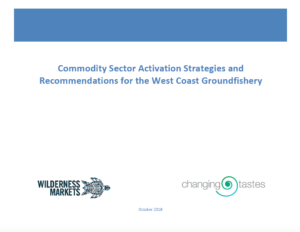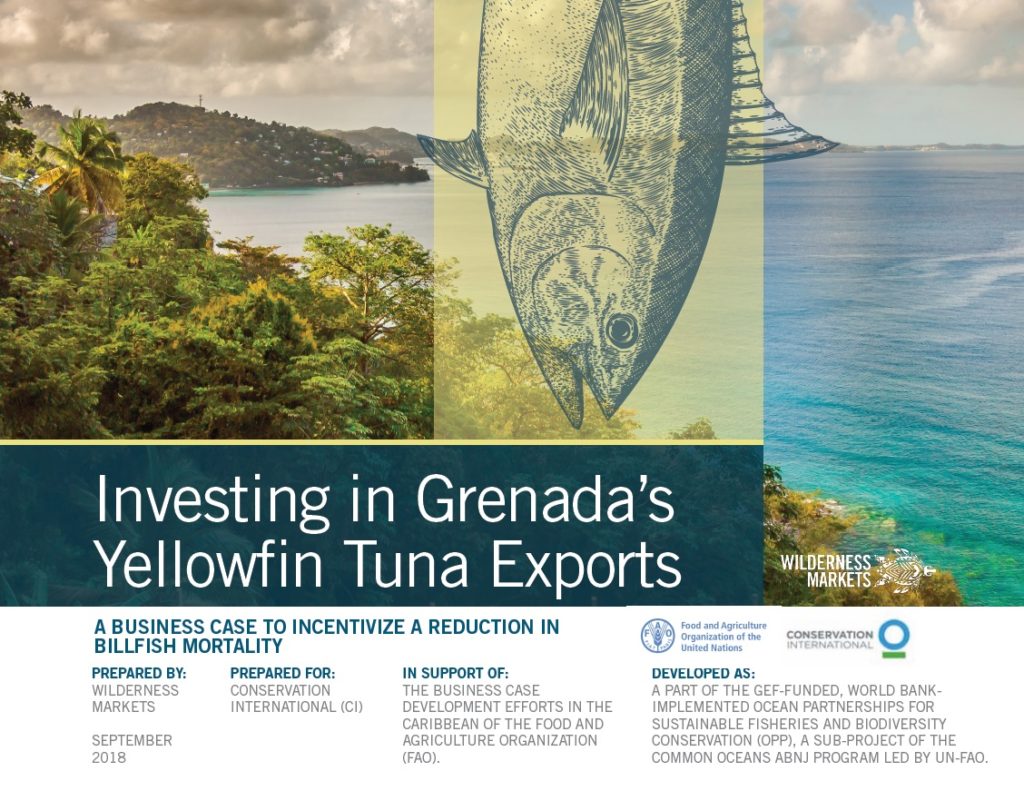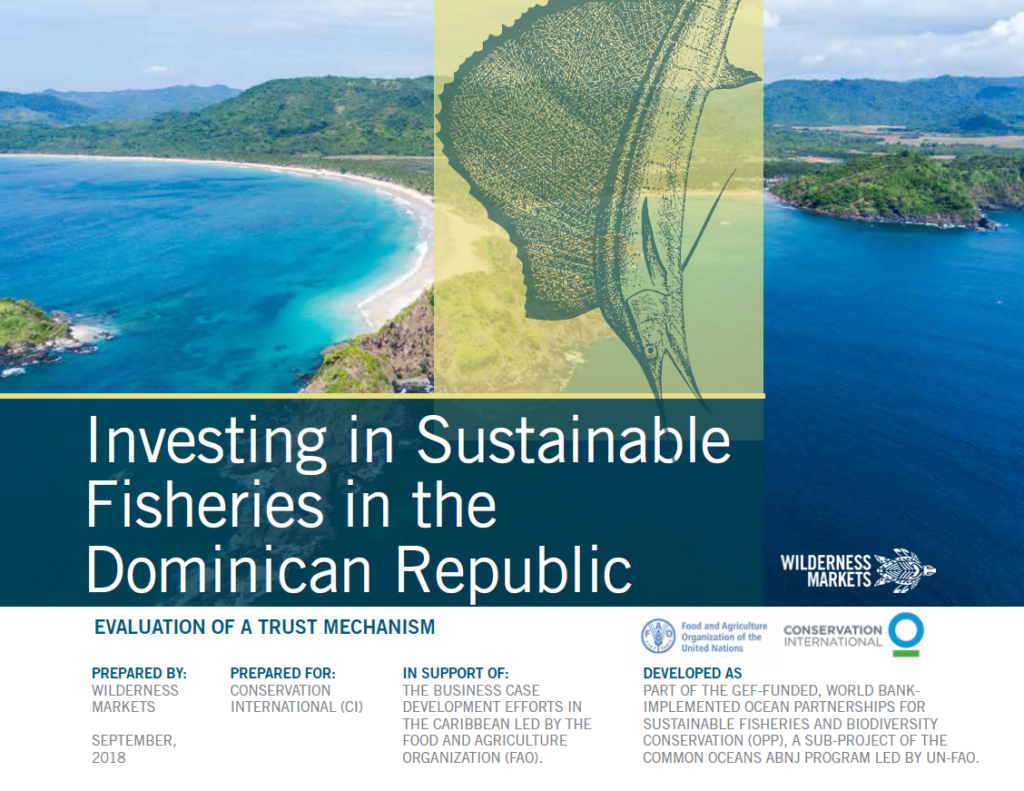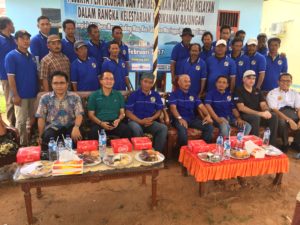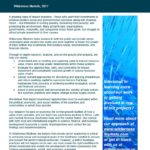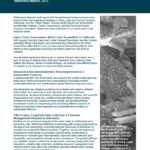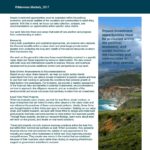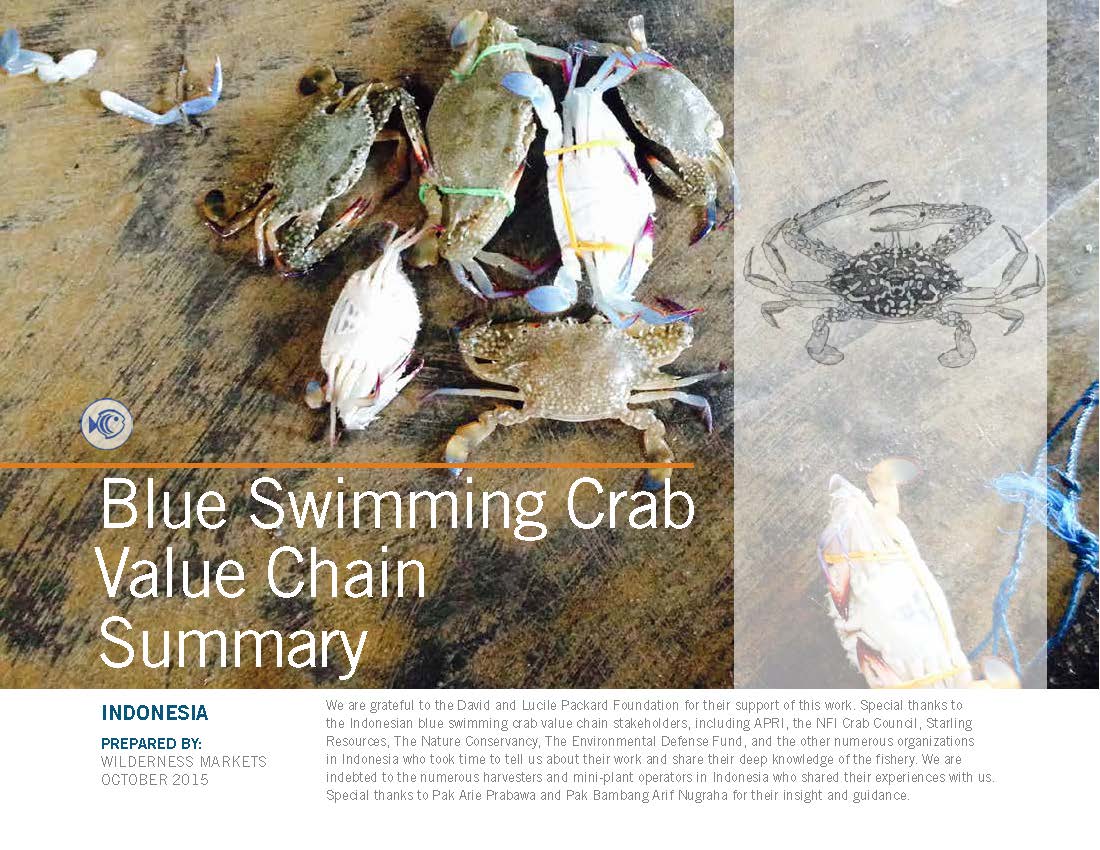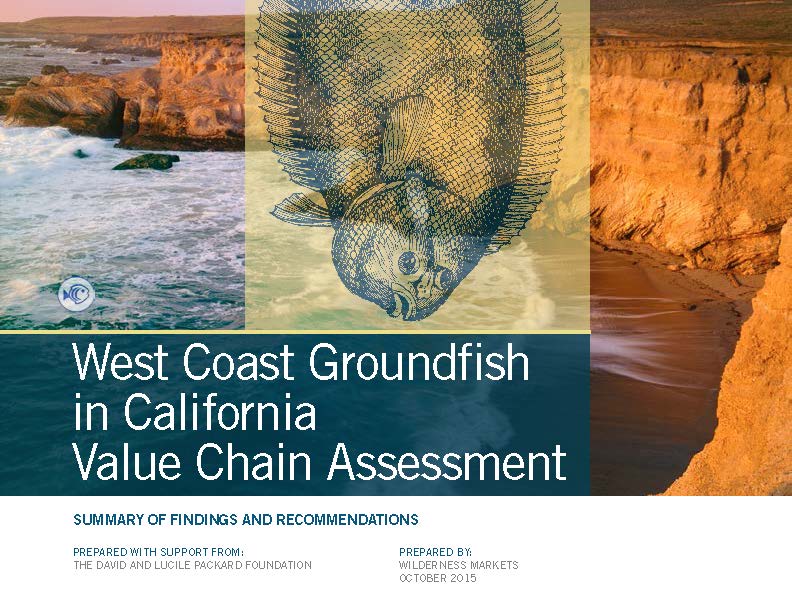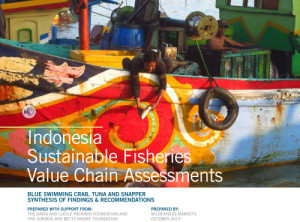Just Released: Sustainable Fisheries Fund for the Western Central Atlantic Report
In 2016, the Western Central Atlantic Fisheries Commission (WECAFC) agreed to start the process toward transitioning into a regional fisheries management organization (RFMO). Some members showed interest in mobilizing additional resources to support the work of the future RFMO, and particularly facilitate recommendations for fisheries management from the private sector.
While in this transition process, FAO, in collaboration with the World Bank, Conservation International and Wilderness Markets, developed a concept for a Sustainable Fisheries Fund for WECAFC.
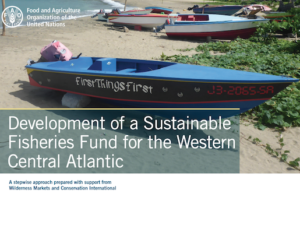 FAO and partners have released the stepwise approach for the development of a Sustainable Fisheries Fund – a potential funding concept to support the transition to sustainable fisheries in the region. The approach aims to support small and medium sized enterprises active in the fisheries sector. This type of fund will provide access to credit at relatively low interest rates, reduced guarantees and more flexible loan conditions, compared to those commonly applied commercial banks.
FAO and partners have released the stepwise approach for the development of a Sustainable Fisheries Fund – a potential funding concept to support the transition to sustainable fisheries in the region. The approach aims to support small and medium sized enterprises active in the fisheries sector. This type of fund will provide access to credit at relatively low interest rates, reduced guarantees and more flexible loan conditions, compared to those commonly applied commercial banks.
The concept of this fund is an innovation in fisheries impact investments: It is the first to directly promote private sector implementation of RFMO recommendations. In the future, this stepwise approach toward establishment of a dedicated sustainable fisheries fund will be of use to other regions and fisheries management bodies.
Learn more about the background and purpose of the WECAFC Sustainable Fisheries Fund.
The Sustainable Fisheries Fund was developed with support of the Common Oceans ABNJ Project on Ocean Partnership Project for Sustainable Fisheries and Biodiversity Conservation Models for Innovation and Reform (OPP) that is funded by the Global Environment Facility and implemented by the World Bank.

